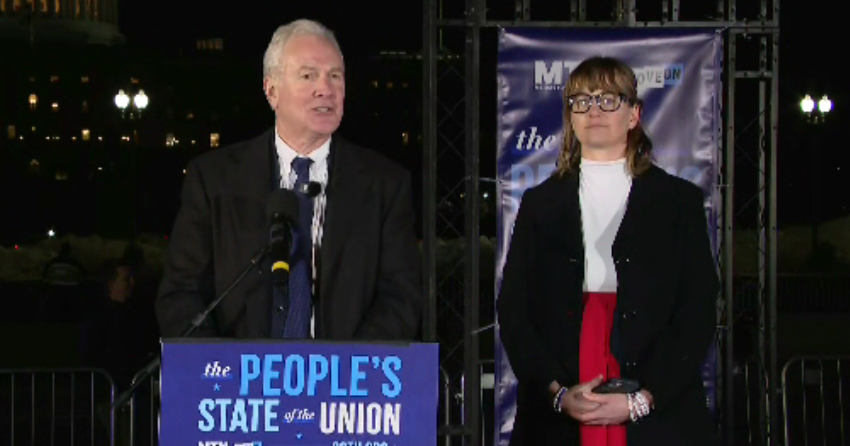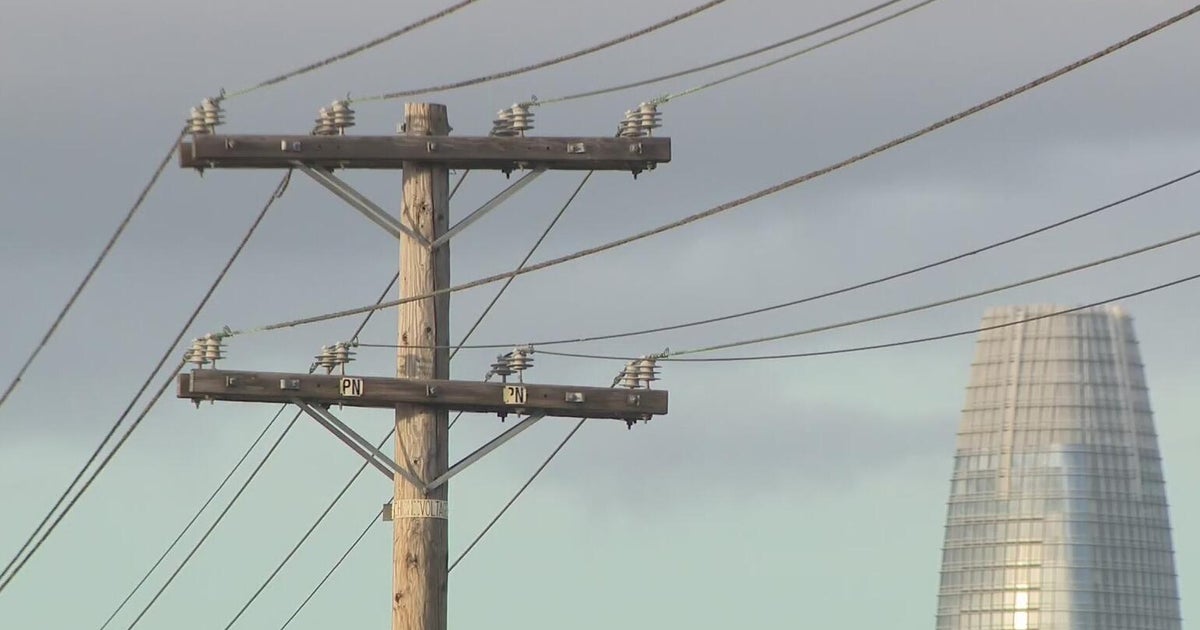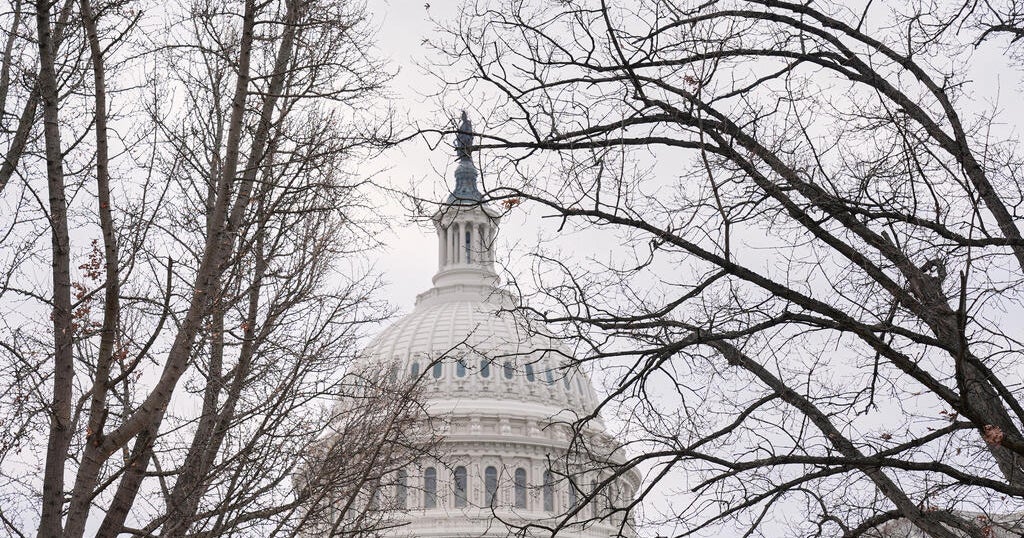Calif. Lawmakers Alter Votes On Budget, Gun Bills
SACRAMENTO, Calif. (AP) — While the state Legislature remains in session most of the year, action on the most high-profile bills tends to be clustered in the days leading up to several deadlines.
Unsurprisingly, it's during those periods of fast-paced votes to approve state budget legislation and to keep bills alive by sending them to the opposite chamber that lawmakers most often want a do-over on their votes.
Through the first half of this year's legislative session, budget-related bills dealing corrections, the court system, mental health programs and dental care for low-income adults were among the measures that generated a significant number of altered or added votes after a bill's fate had been decided.
Gun-control measures also saw a handful of vote flips, as did various bills at the end of May when the chambers considered dozens of bills during all-day sessions.
The vote-switching practice, called to attention last year after an Associated Press investigation, has a long history in the Assembly and gives lawmakers political cover: They can vote one way on a bill or avoid voting altogether when it matters, only to add or change their vote after the fact. That allows them to present an official record to their constituents that may be at odds with how they acted at the time the bill passed or failed.
In the Senate, only the two party leaders are allowed to change or add votes.
Members of the Assembly are allowed to alter their vote before the end of the day's session and only if the action does not change the outcome of the floor vote. The practice was used more than 5,000 times last year, the AP review found.
Since the Legislature reconvened in January, every lawmaker in the Assembly has changed or added a vote at least once. On every one of the 97 bills the Assembly passed on May 30, for example, at least one legislator revised his or her vote, with most of the changes coming from lawmakers who did not record a position in the initial tally.
One of the bills considered that day, AB361, would allow California to receive federal money to pay for certain health services for those with chronic medical or substance abuse conditions. It passed on the Assembly floor with the bare 41-vote majority, but the final count shows 13 lawmakers later adding their support and another six adding an opposition vote.
Charles Stewart, spokesman for bill's author, Democratic Assemblywoman Holly Mitchell of Los Angeles, attributed the tardy votes to the day's hectic schedule, not the bill's provisions.
"When members do see that a bill has enough votes, they may not run to their desks to add on," Stewart said.
Assembly Speaker John Perez, D-Los Angeles, defends the practice, saying in a statement that lawmakers "may be meeting in a committee off the floor while a vote is taking place, testifying in the Senate, or perhaps in a media interview that forces them to miss a vote."
But government watchdog groups say allowing lawmakers to change or add their vote after the fact hurts public trust and reduces transparency. Still, they see little public pressure to change the rule, either internally or through a ballot initiative.
"There are no political ramifications for doing it," said Phillip Ung of California Common Cause. "If their job isn't on the line and it's an option available to them, they will do it."
Five Republican lawmakers flipped their votes on at least one measure related to the state budget last month. Lawmakers from both parties also added votes on the two-dozen budget bills.
Asked why he changed his vote on four budget bills, Assemblyman Mike Morrell cited the short timeframe lawmakers had to review the final legislation.
"After casting my initial vote and after I have had time to review the bill, there are times I gain additional information that further shapes my opinion on the bill, therefore necessitating a change from my initial position," Morrell, R-Rancho Cucamonga, said in a statement.
There also were vote changes on several gun-control measures. Eight legislators later added support to SB140, which authorized $24 million for a program that seizes gun from felons and the mentally unstable.
On a bill making it a misdemeanor to leave or store a gun where a child can access it, AB231, one lawmaker switched from "yes" to "no," six added on in opposition and three added support after the bill was approved.
Freshman Assemblyman Adam Gray, D-Merced was among those adding his opposition to AB231 after it passed. He declined in an interview to discuss his rationale regarding specific measures, but said generally that he sees many of the bills for the first time when they arrive on the floor.
"I'm not going to be pressured into voting until I've reviewed the bill," said Gray, who added his vote to 65 measures on May 29, one of the Assembly's busiest days.
California is one of at least 10 state legislative bodies nationwide in which some lawmakers can amend their votes.
Changing a vote requires unanimous consent from other Assembly legislators, which was revoked at least once this year. After a hard-fought victory on AB93, a bill sought by Gov. Jerry Brown to overhaul an economic development program, Perez announced that no additions or revisions would be allowed.
A printout requested immediately after the vote shows Republican Rocky Chavez, of Oceanside, adding on as the 55th vote. But the final tally lists Chavez as "not voting" because of the speaker's announcement.
Assembly Minority Leader Connie Conway, who switched her vote on one of the budget trailer bills and on several other measures this session, said in a statement that reducing the number of bills under consideration would allow lawmakers to be better prepared for voting.
Not all lawmakers have made a habit of changing their recorded positions.
The only time freshman Assemblyman Jim Patterson, R-Fresno, altered his vote was on May 16, when his vote on the consent calendar did not record properly. He fixed the error after a staffer pointed it out.
"I do think you need to be prepared and you need to be ready to cast a vote," he said. "I would expect this of those that I would send here on my behalf."
Copyright 2013 The Associated Press.







